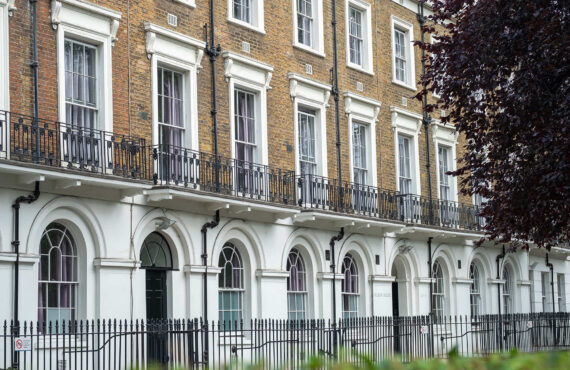
The UK mortgages economy shrank by more than 20 per cent in April, reflecting widespread falls in services, production and construction output. While such a decline in GDP (gross domestic product) is unprecedented and the largest fall since records began in 1997. It comes as no real surprise given that everything pretty much shut down during lockdown in a bid to keep us all safe.
As businesses start to slowly get back to ‘normal’, it is clear that it could take a while for the economy to recover. Some companies won’t survive, while there will be furloughed workers who won’t have jobs to go back to. Rising unemployment usually means a fall in consumer confidence. As people can’t spend money when none is coming into the household.
However, there are some encouraging signs that the worst is now behind us. If the queues outside the ‘non-essential’ shops which re-opened this week is anything to go by, the economy may re-bound quicker than forecast.
Remortgage
On the mortgages side, it is highly unlikely that interest rates are going to rise anytime soon. In its fragile state, the economy simply can’t take it, and while interest rates are at record lows. They are also likely to stay there for a while. Lenders are keen to lend and have plenty of liquidity so mortgage rates are set to remain competitive. Indeed, NatWest and Barclays have cut rates this week – NatWest is reducing its residential mortgage pricing by up to 30 basis points while Barclays is trimming rates on a number of purchase and remortgage deals up to 60 per cent loan-to-value.
While there are plenty of mortgage options available, some lenders are being stricter. When it comes to taking variable income into account – bonuses, dividends, etc. When assessing affordability. This will particularly impact professionals who are buying or remortgaging but at AWS Financial Services, we know which lenders to approach to get the best deal for your circumstances. Please get in touch for more information.






